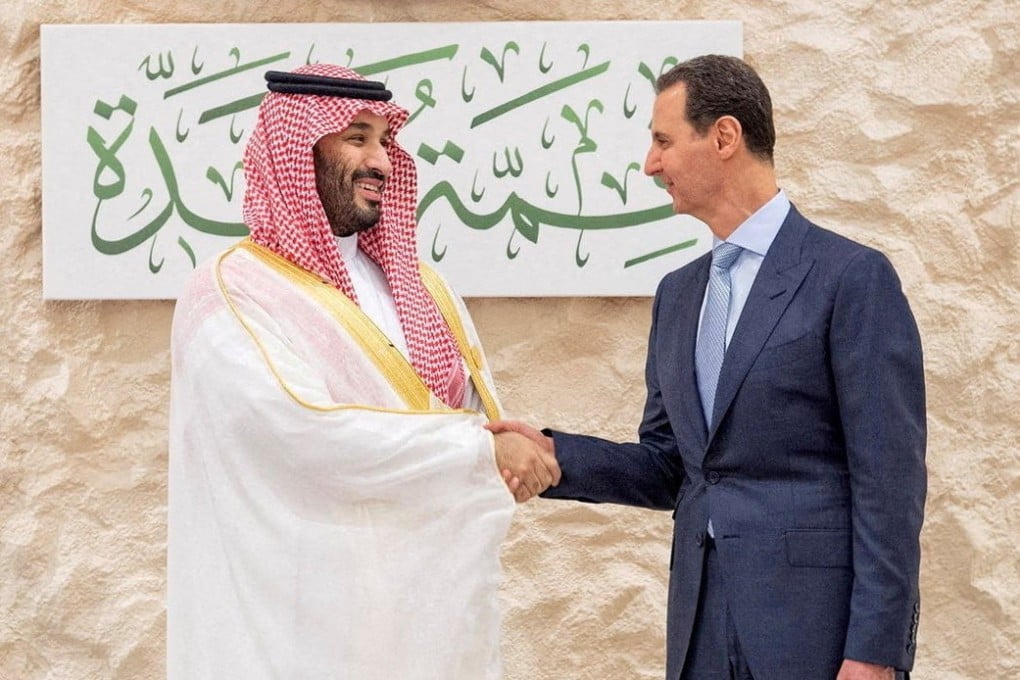Arab leaders assert ‘strategic sovereignty’ over Middle East conflict in pointed message to West
- Assad’s return to Arab League and Zelensky’s appearance mark efforts by Arab states to remain diplomatically neutral in the West’s tensions with Russia and China
- Saudi Arabia is on a ‘geopolitical offensive’ as it seeks to manage regional conflict and boost Arab engagement and realignment

The Arab League also pushed back against US pressure to accelerate its normalisation of relations with Israel by hosting Palestinian President Mahmoud Abbas and reiterating demands for a two-nation solution.

Saudi political commentator Salman al-Ansari described the Jeddah meeting as “the summit of Arab strategic sovereignty”.
The event established three “noes” to political “polarisations, militias and ideologies” and three corresponding “yeses” to “sovereignty, unity and partnership”, he said.
By inviting Ukraine’s Zelensky, Riyadh brought “the West’s most iconic military-geopolitical leader into some kind of conversation with all Arab leaders”, Hellyer said. Such a move, he noted, was “going to play quite well in different Western capitals, not least in Washington”.